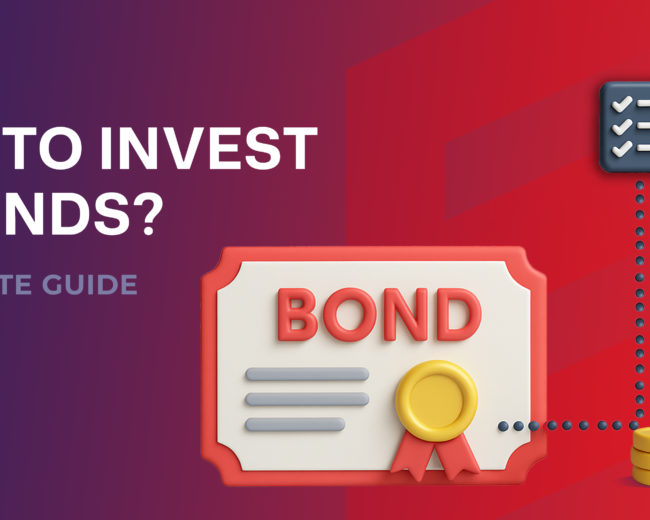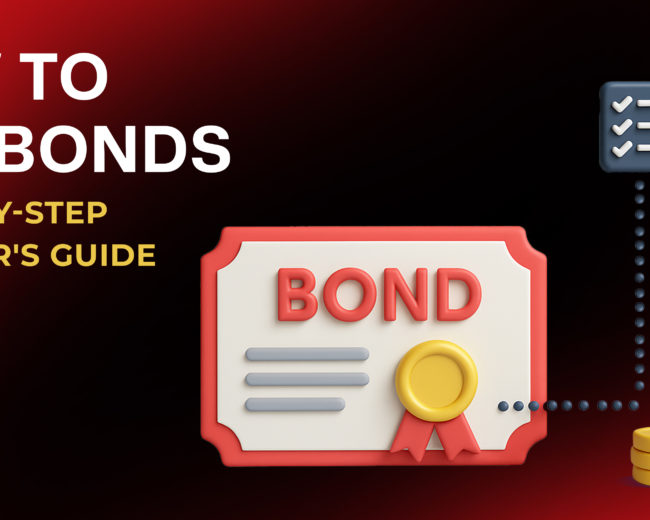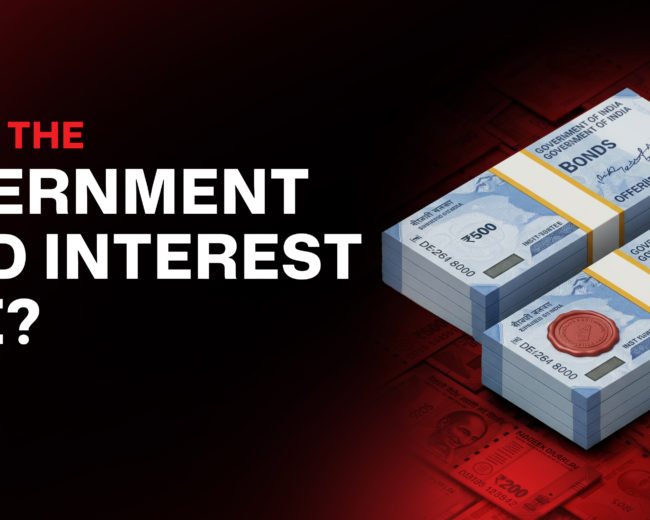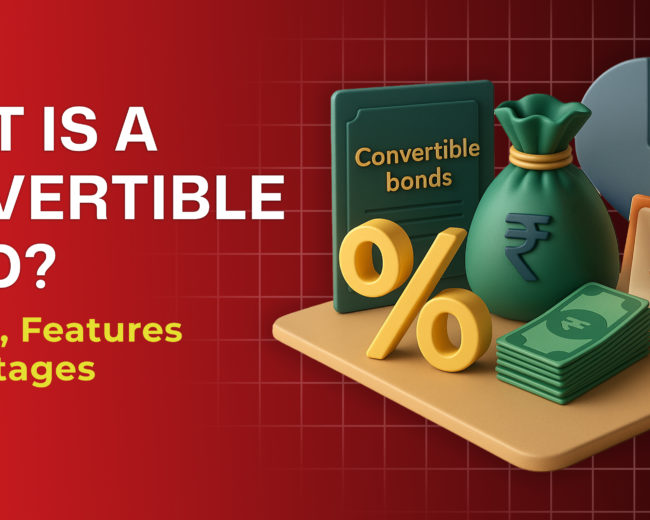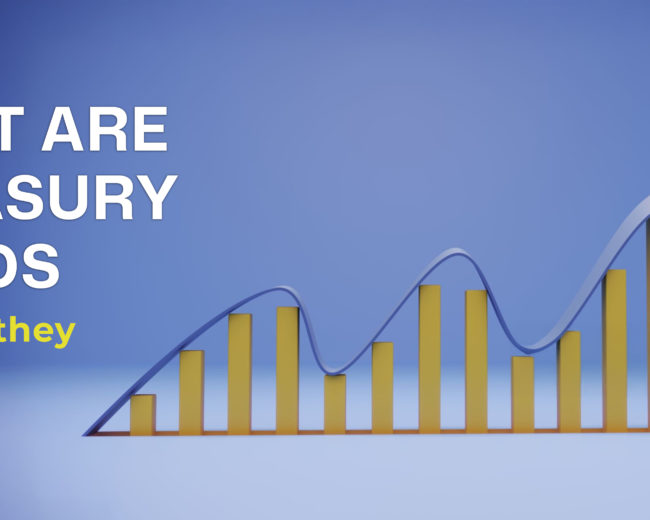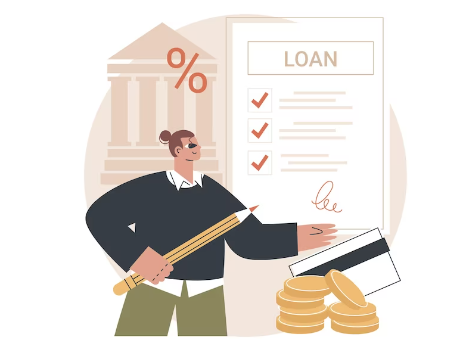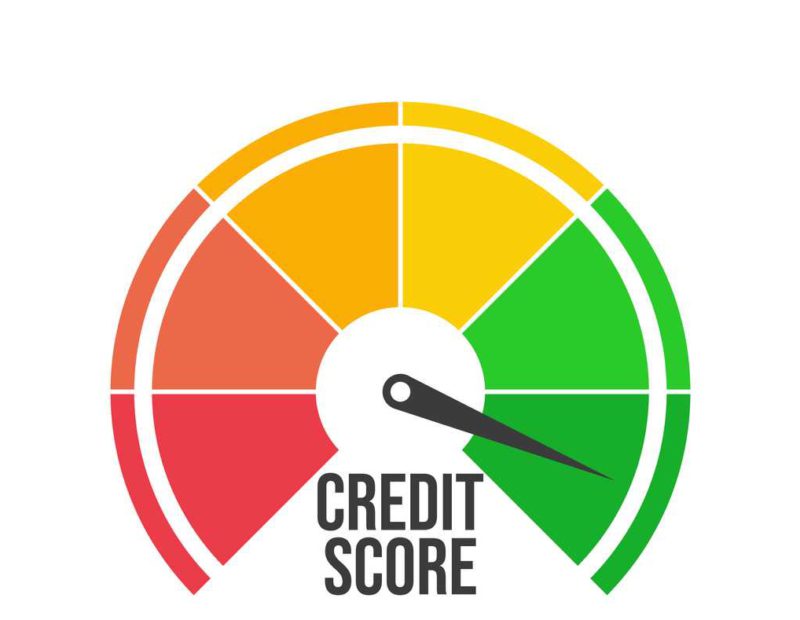You never know when you might need immediate access to funds for certain unforeseen expenses. In such circumstances, one can either look towards the hard-earned…
When it comes to financial planning, are you hearing about the ‘credit score’ for the first time? What is this three-digit number, and why is…
Availability of a personal loan is usually a straightforward process for individuals with a stable income, as it provides lenders with a sense of financial…
When faced with unexpected financial obstacles or planning for some significant expenses, individuals often find themselves in a haystack, debating whether to opt for a…
In recent years, the concept of “Purchasing Now, Pay Later” has gained immense popularity among the people of our country. As they seek complete flexibility…
As technology advances, the trend of online shopping is witnessing major growth with each day passing by. From lifestyle goods to electronic items to even…
When it comes to banking in 2024, debit cards have become an indispensable part of modern banking, offering potential individuals a convenient and secure way…
When it comes to funding your business requirements or addressing financial needs, choosing between a business loan and a personal loan can be crucial. Both…
You get to understand the real impact of ‘Credit Score’ when you enter the financial market in your life. This three-digit figure holds the entire…



